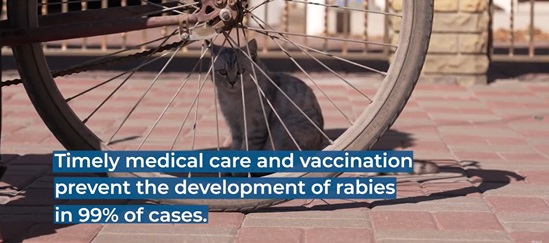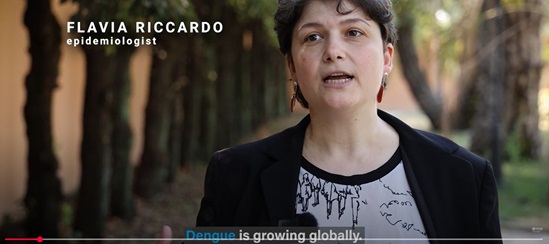Sharing International Health Regulations information
The swift exchange of information about health hazards with the potential to cross borders and threaten international public health is a central feature of the International Health Regulations (IHR) (2005).
Information sharing helps fulfil IHR’s principal purpose: to prevent, protect against, control and respond to an international spread of disease, while ensuring that the world’s traffic and trade routes function as well as possible.
The IHR’s all-hazard approach to information sharing (encompassing events and hazards within and beyond the health sector) helps to protect countries from risks that cannot be controlled by nations or their health services alone.
IHR’s operational mechanism
The IHR’s operational mechanism is two-pronged: a designated National IHR Focal Point (NFP) within each country, which acts as the central point of communication at the national level (an institution, not an individual); and Regional IHR Contact Points, stationed at each of the six WHO Regional Offices.
A key provision of the IHR is that countries report any event that may have a potential to cross borders according to the algorithm provided in the treaty itself.
In case of doubt, States Parties are encouraged to informally consult with their WHO Regional IHR Contact Point. Following an analysis of the information received, it will be jointly determined whether the event should be notified under the IHR mechanism.
The IHR also enables WHO’s Director-General (DG) to convene two distinct types of committees: an IHR Review Committee or an IHR Emergency Committee. The purpose of the latter is to advise the DG if a public health emergency of international concern (PHEIC) should be declared, as has been the case with the Influenza Pandemic H1N1, Ebola, Zika and Polio.









